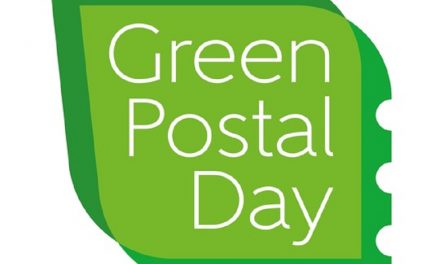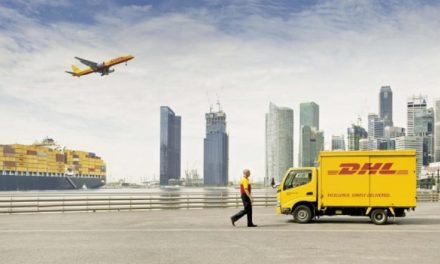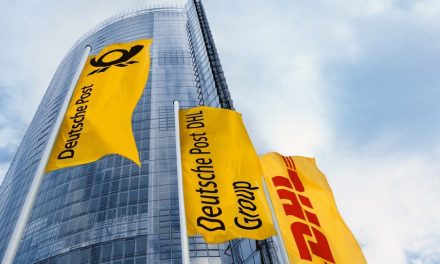
Deutsche Post seeks fresh ideas on city logistics in contest
Deutsche Post is seeking fresh ideas on how to improve urban logistics through a new open contest. It is hoping to gather suggestions from a variety of external sources, including academics, politicians, IT experts and others in the first competition of its kind in the industry.
The contest is being run by Deutsche Post’s technology development unit, DHL Solutions & Innovations (DSI).
The largest logistics company in the world, Deutsche Post said today it wants to open itself to innovation from outside its own staff, modeling the contest on similar initiatives in the automotive, technology and consumer products industries.
Deutsche Post has focused the contest on three main themes – improving the logistics flow within cities, tackling environmental issues through logistics, and improving urban logistics through digital and IT innovation.
The company said a jury of experts will evaluate submissions, which can be sent in from October 18, with a final deadline of November 28, 2011.
Contest winners in each category will be offered prizes including holidays in cities served by DHL Solutions & Innovations, but there is also the possibility that a participant could be offered an internship and the chance to see his or her idea implemented by Deutsche Post DHL.
“Outside the box”
Steffen Frankenberg, vice president at DSI, said DHL hoped to broaden its approach to city logistics through the contest.
“With the views of others, we can better identify the challenges and generate ideas for new logistics solutions,” he said, adding: “We are asking participants to really think outside of the box.”
Deutsche Post DHL pointed to examples of its own logistics innovation as including the company’s growing network of Packstation parcel delivery and collection terminals, its “intelligent” green vehicle system known as the DHL Smart Truck, and its smart processing facilities called Consolidation Centres.
“With growing cities all over the world, the challenges of city logistics and urban living are becoming more and more demanding,” said Frankenberg. “Solutions for decreasing traffic and getting cities greener are crucial for the future.”












